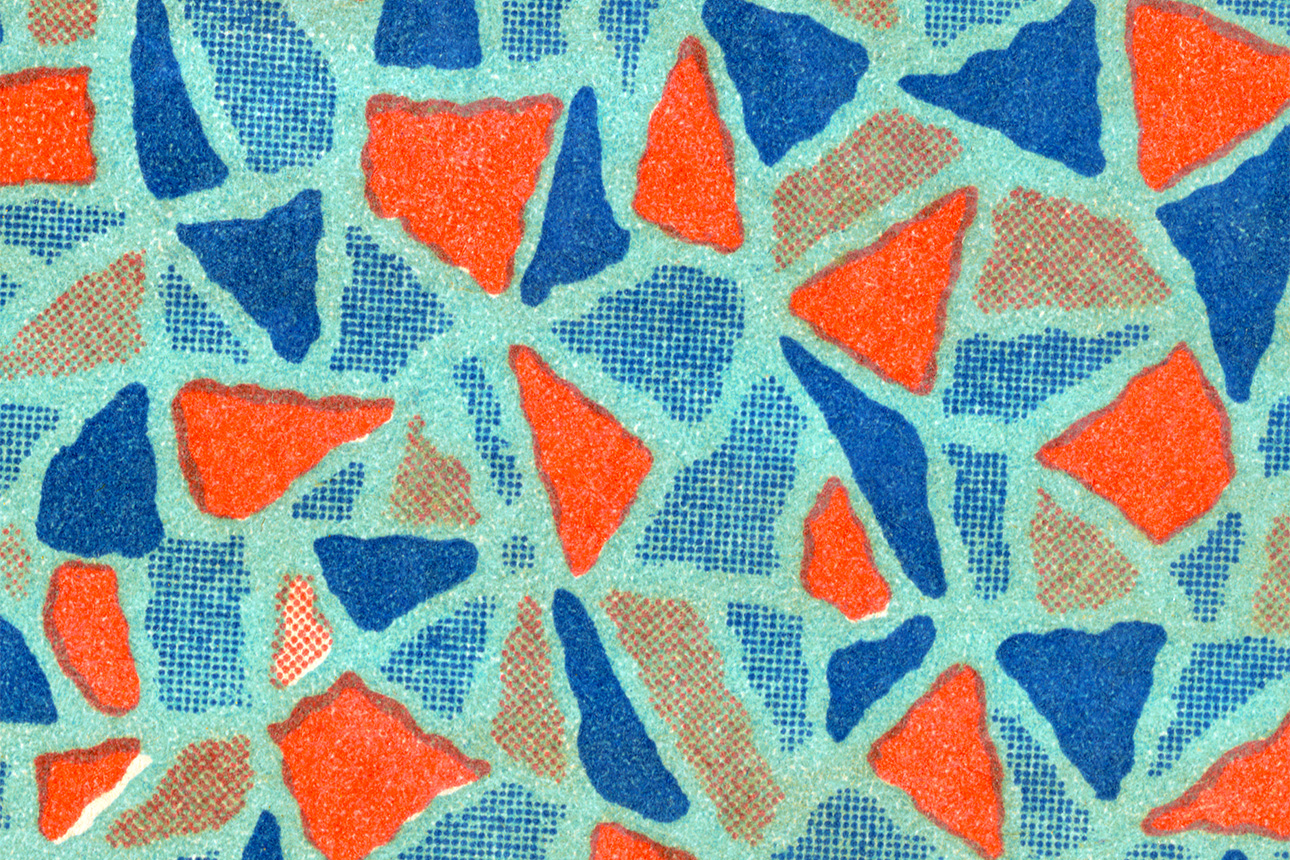
Rebuilding Consumer Confidence in the COVID-19 Era
The coronavirus pandemic has clobbered consumer confidence, creating both challenges and opportunities for businesses and brand owners, who must now identify meaningful confidence-building experiences. The consumer experience is critical, and a successful brand provides value across every interaction. For brand owners to truly grasp the human impact of COVID-19 on the people they serve, they must strengthen their human insight to understand people more deeply than ever.
Trust Is an Asset, Especially When Delivering Bad News
When leaders invest in building a trusted relationship with their employees, it makes it easier for employees to accept tough workforce decisions — even layoffs. Delivered carefully, even the toughest messages from leaders can reinforce perceptions of honesty, concern, and competence, despite communicating bad news.
Breaking Down Silos With Better Communication
Technology silos can wreak havoc on strategic priorities and trigger a cascade of effects throughout an organization. When leaders focus on better communication — with special attention to difficult conversations — organizations can improve collaboration and unlock creative solutions to business problems.
How to Support Employees With Unexpected Work Arrangements
The pandemic has many of us handling work, school, and family matters all from one place: home. How are these new work-family arrangements affecting employees, and how can organizations best support their people? Stanford University’s Shelley Correll discusses what employers need to understand at this moment, explores emerging issues of equity and inclusion when “Zoom time” replaces “face time,” and considers how to fairly evaluate performance during a crisis.
What Else We’re Reading This Week:
- Need a summer reading list? A collection of new books compiled by Behavioral Scientist explores peer pressure, unpacks the essentials of behavioral design, reveals boredom’s true call, and much more.
- The pandemic has renewed interest in old-made-new, full-service business models. Three key questions can help organizations adapt.
- MIT Sloan’s Simon Johnson suggests that a system like Waze, the information-sharing app for road traffic, could help combat COVID-19 by providing real-time actionable intelligence about the virus’s spread.
Quote of the Week:
“From Renaissance Florence, to Victorian Birmingham, to early 20th-century Detroit, to contemporary Seattle, cities have been key facilitators of knowledge transmission and catalysts for innovation. However, the kinds of random interactions that foster innovation are less likely to happen at a time when social distancing has become the new normal.”
— Carl Benedikt Frey, in “The Great Innovation Deceleration”
The Best of This Week
No comments:
Post a Comment